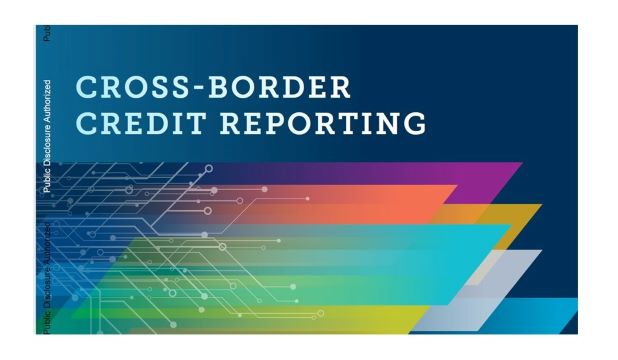Credit reporting systems are an important ingredient in the robust and healthy financial infrastructures of countries. In credit markets, credit reporting systems help to reduce the information asymmetries that exist between borrowers and lenders, that prevents a lender from ascertaining the credit risk associated with a borrower (private persons, companies).
Over the past decade, more and more countries have established credit reporting systems, especially in Asia and Africa, and more and more lenders have come to appreciate credit reporting services, leading to an increasing number of reporting institutions. However, four major trends affect the operation of these systems.
The first trend is internationalization. Borrowers are becoming increasingly mobile across borders; companies are relocating to or opening subsidiaries in other countries, employees are being sent abroad, and migrants are seeking a better life somewhere else. The lack of a complete credit history hampers these developments, because credit data is often not shared across borders.
The second trend is digitalization. Credit reporting systems are an integral part of the data economy. Massive amounts of structured and unstructured data (big data) are now mined by machine-learning models. Emerging new data sources, such as mobile phones or social media profiles, include network patterns and are fast moving.
The third important trend is increasing regulation. Governments are increasingly under pressure to regulate data-related activities that touch the lives of millions of persons and companies.
Finally, when the COVID-19 pandemic struck economies around the world, it had devastating effects for millions of persons who lost their jobs.
The purposes of the ICCR exploratory paper released earlier this month is to review currently established international cross-border sharing initiatives and mechanisms and to explore obstacles for cross-border sharing of credit information. The paper also includes recommendations on how to overcome the obstacles observed. The scope of the paper covers data on individuals and businesses (that is, micro, small, medium, and large enterprises) and public and private initiatives. Moreover, it covers all continents (with the exception of Australia) and includes cross-border sharing initiatives in the European Union, West Africa, and the Asia-Pacific Economic Cooperation forum.

 BIIA as a member of the ICCR was actively involved in the development of the paper, with Peter Sheerin, Executive Committee member providing input to the working group.
BIIA as a member of the ICCR was actively involved in the development of the paper, with Peter Sheerin, Executive Committee member providing input to the working group.
 A copy of the paper can be accessed here
A copy of the paper can be accessed here


























